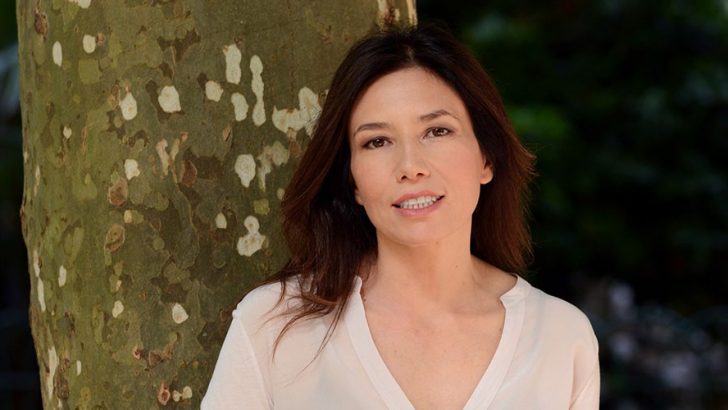The View
When the happy day comes when Covid-19 no longer constitutes an ongoing serious threat to human life, I hope that things will not go back to normal. I hope they can be better than they were and particularly in the area of the celebration of sacraments.
For example, there is one Sacrament that is overdue for revival: the Sacrament of Reconciliation. It is not uncommon nowadays for children’s first penance to be their last. Given that Confession is one of the two Sacraments of healing, this is so sad.
Reconciliation and mercy have been to the fore in Pope Francis’ papacy. He has made a point of going publicly to Confession himself. He announced an extraordinary Jubilee Year of Mercy stretching from December 2015 to November 2016.
In 2014, he launched ‘24 Hours For the Lord’, held annually on the Friday and Saturday preceding the fourth Sunday of Lent (Laetare Sunday). Churches remain open for 24 hours to facilitate adoration of the Blessed Eucharist and confessions. Many Irish dioceses have participated.
Testimony
This year, it was due to happen on March 20 and 21, but obviously, had to take place in the extraordinary circumstances demanded by Covid-19. The preparatory material for the days (which can be found online at https://bit.ly/2yQGx0j) contained a testimony by Beatrice Fazi, an Italian actor who was probably best known for her part in the long-running Italian soap opera, A Doctor In the Family. She is now a presenter for TV2000.
Having had a troubled adolescence which culminated in an abortion at 20, she was lost for many years. Then she experienced a moment of spiritual healing in a church in Rome which she had only entered to rest for a while.
There was Exposition of the Blessed Sacrament and in her own words, she began to cry like a fountain because of the message of love she felt emanating from the consecrated host. But this did not lead to some kind of overnight change of life.
Instead, Fazi says, she “left that church and tried not to listen because I thought I was not worthy of God bending over me. I didn’t deserve God’s love. And this is the first sin to confess. It took some time before I accepted that love.”
During the celebrations of World Youth Day in August 2000, she was struck again by the joy she saw in some young people’s eyes, the joy that she wanted so badly.
She was pregnant again and went to Confession almost out of superstition – for fear that God would punish her for her abortion years before.
Instead, Confession was a turning point. She is now married with four children and has written a book about her experiences.
What struck me about Fazi’s testimony is that it is all about healing – healing the wounds of troubled teenage years, of abortion, of living only for what pleased her.
The Sacraments are privileged channels of God’s grace. Yet we have allowed one of those Sacraments almost to fall into abeyance. I know of parishes where very few go to Confession.
If busy accident and emergency departments can adapt to Covid-19 by booking appointments, why not parishes?”
And yet, a great saint like John Bosco said that there “are two wings with which to fly to Heaven; they are Confession and Communion”.
Confession would seem to be an ideal way to begin the gradual return to church buildings for worship. (Re-opening for public worship must, of course, happen in a safe and orderly fashion which puts no-one at unnecessary risk.)
We have already had innovative priests like Fr Pat McGinley and his confreres in St Mark’s in Tallaght who have held carpark Confessions. He describes how he and his fellow priests experienced beautiful conversations, including with one young woman who felt ‘pushed’ across the car park even though she had not been to Confession since her First Holy Communion. Like Beatrice Fazi, she was able to obtain forgiveness for things that were really weighing her down.
Open-air Confessions would be a start, but many of our churches are ideally set up for socially-distanced confessions. Boxes would probably have to be sanitised between each confession, which could be onerous.
I was recently in the Eye and Ear Hospital’s emergency department, which now only sees patients on an appointments basis. If busy accident and emergency departments can adapt to Covid-19 by booking appointments, why not parishes? There could be a booking form in the back of the church or even online for confessions. It would be the perfect preparation for returning to Mass.
Goodness knows we all need healing and reconciliation after these last few months. Let’s not turn return to the Sacraments into some kind of culture war, with laypeople who long for the sacraments being seen as somehow threatening or strange. Let us all try to live in reconciliation with each other.
Facilitating Confession would be a good start.


 Breda O'Brien
Breda O'Brien Beatrice Fazi
Beatrice Fazi 